Is America Exceptional?
Explore the idea of American Exceptionalism, its meaning and implications for American politics.
Summer 2013
Washington, DC
The Founders expected America to become a great nation. Perhaps America has in fact been a great nation. Is it still? Can it be in the future? These questions will be considered by looking at some of the broad challenges to American greatness, today and in the future.
Photo by Lucas Franco on Unsplash
Bill Kristol & Sen. Ben Sasse discuss American culture
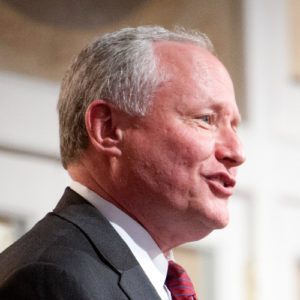
William Kristol is editor at large of The Weekly Standard, which, together with Fred Barnes and John Podhoretz, he founded in 1995. Mr. Kristol has served as chief of staff to the Vice President of the United States and to the Secretary of Education. Before coming to Washington in 1985, Kristol taught politics at the University of Pennsylvania and Harvard’s Kennedy School of Government.

William Kristol is editor-at-large of The Bulwark. He was a founder of The Weekly Standard, and is a regular guest on leading political commentary shows.
Before starting The Weekly Standard in 1995, Mr. Kristol led the Project for the Republican Future, where he helped shape the strategy that produced the 1994 Republican congressional victory. Prior to that, Mr. Kristol served as chief of staff to Vice President Dan Quayle during the first Bush Administration, and to Education Secretary William Bennett under President Reagan. Before coming to Washington in 1985, Mr. Kristol was on the faculty of Harvard University’s Kennedy School of Government (1983–1985) and the Department of Political Science at the University of Pennsylvania (1979–1983). Mr. Kristol has published widely in areas ranging from foreign policy to constitutional law to political philosophy.
He is co-author, with Lawrence Kaplan, of the best-selling book The War Over Iraq (2003) and the co-editor of The Neoconservative Imagination (with Christopher DeMuth, 1995), Present Dangers (with Robert Kagan, 2000), and The Future is Now: American Confronts the New Genetics (with Eric Cohen, 2002).
He hosts Conversations with Bill Kristol, which features in-depth conversations with leading figures in American public life.
Readings:
Discussion Questions:
Readings:
Discussion Questions:
Readings:
Discussion Questions:
Readings:
Discussion Questions:
Readings:
Discussion Questions:

William Kristol
William Kristol is editor at large of The Weekly Standard, which, together with Fred Barnes and John Podhoretz, he founded in 1995. Mr. Kristol has served as chief of staff to the Vice President of the United States and to the Secretary of Education. Before coming to Washington in 1985, Kristol taught politics at the University of Pennsylvania and Harvard’s Kennedy School of Government.
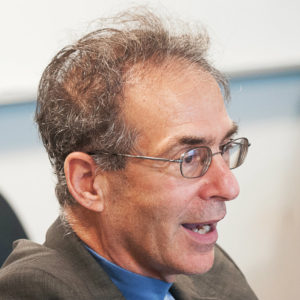
James W. Ceaser
James W. Ceaser is Harry F. Byrd Professor of Politics at the University of Virginia, where he has taught since 1976, and a senior fellow at the Hoover Institution. He has written several books on American politics and political thought, including Presidential Selection and Liberal Democracy and Political Science.
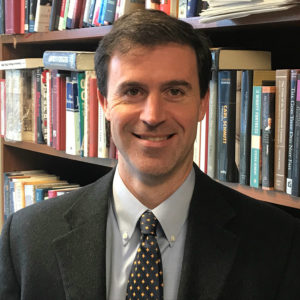
Richard M. Reinsch II
Richard M. Reinsch II is Editor-in-Chief and Director of Publications at AIER. He is coauthor, with the late Peter A. Lawler, of A Constitution in Full: The Unwritten Foundation of American Liberty.
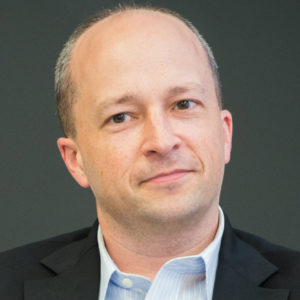
Yuval Levin
Yuval Levin is a Resident Scholar and Director of Social, Cultural, and Constitutional Studies at the American Enterprise Institute and the Editor of National Affairs magazine. Mr. Levin served on the White House domestic policy staff under President George W. Bush.
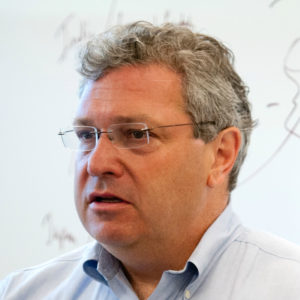
Robert Kagan
Robert Kagan is a senior fellow with the Project on International Order and Strategy in the Foreign Policy program at the Brookings Institution. He is a contributing columnist at The Washington Post. His most recent book is The New York Times bestseller, The World America Made.
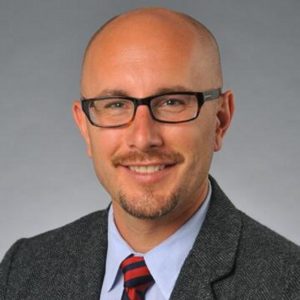
Daniel DiSalvo
Daniel DiSalvo is a Senior Fellow at the Manhattan Institute’s Center for State and Local Leadership and an Assistant Professor of Political Science at The City College of New York-CUNY. His scholarship focuses on American political parties, elections, labor unions, state government, and public policy.